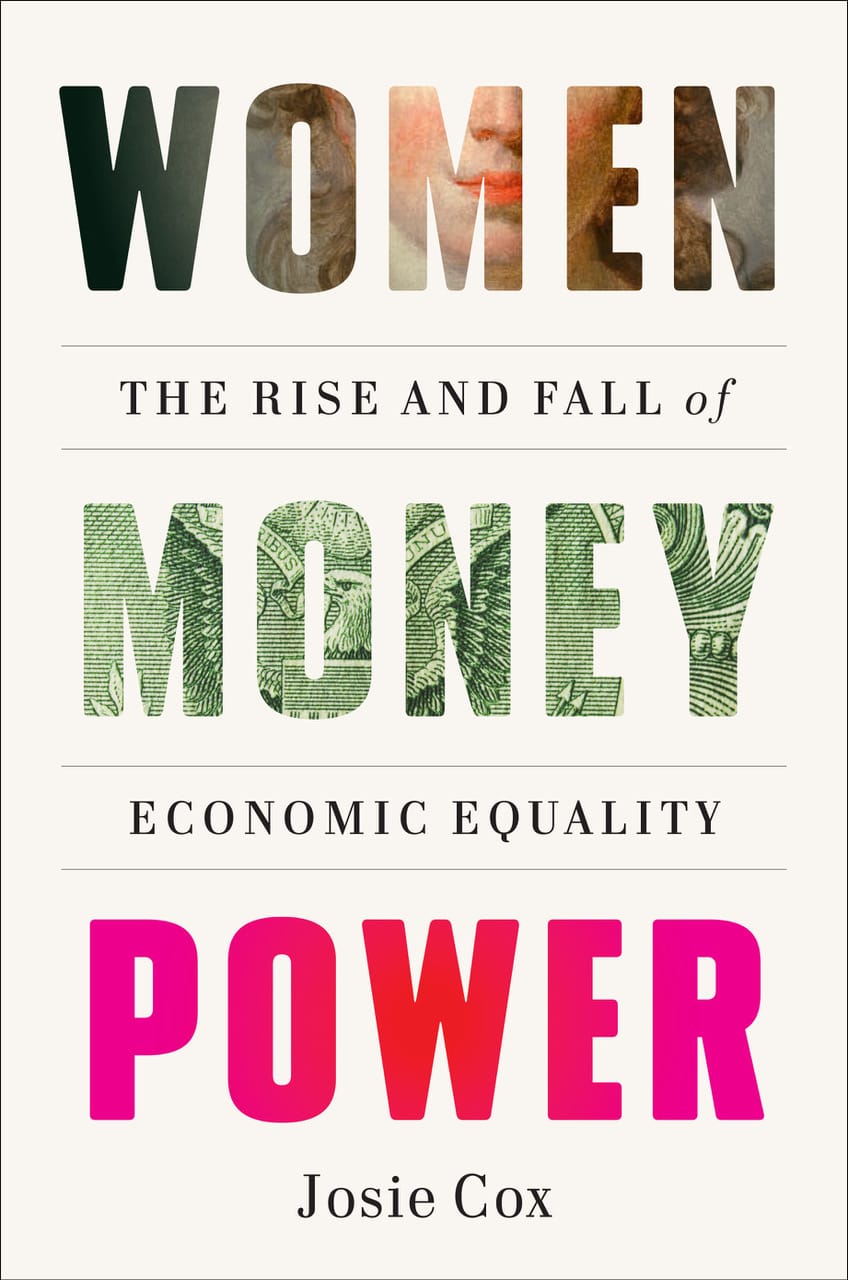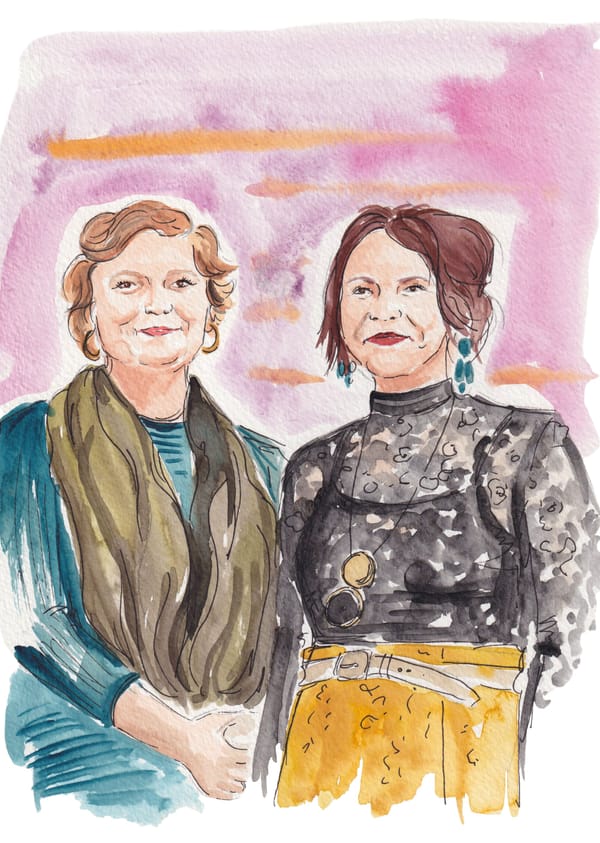Can We Please Stop Blaming the Gender Pay Gap on Women?
Despite purported attempts to close the gender pay gap, progress had been sluggish at best, writes Josie Cox in an excerpt from her book, "Women Money Power: The Rise and Fall of Economic Equality."

An excerpt from the book, “Women Money Power: The Rise and Fall of Economic Equality" by Josie Cox. The book, from Abrams Press, is available now.
In early February 2021, I spoke to one of the most powerful men in America.
Throughout my career, I’d put in several requests to interview him. Most had been ignored; none had been granted. So I didn’t push back when the CEO of this Fortune 500 company agreed to the conversation with me and a small handful of other journalists but stipulated that he would only do so on the condition of strict anonymity: We could ask him anything we wanted, but our exchange was to go no further.
Since we were confined to our homes because of Covid-19, our heads popped up on-screen at the agreed-upon time, he with his all-smiles spokesperson in tow. We introduced ourselves and exchanged easy pleasantries about the state of pandemic-ridden America and the recent end to the tumultuous Trump era. He offered an unsolicited interpretation of something peculiar that had happened in stock markets that day, to which I responded with feigned interest and a polite laugh. Then, with the mood established—convivial but not overly familiar, amicable but certainly professional—I deemed the moment appropriate to launch into the questions I’d waited a long time to ask.
“Congratulations on your initiative to hire more women,” I began, consulting my imaginary notes to calm my nerves. He nodded graciously, perhaps excited by the prospect of an opportunity to impress his colleague from the public relations department with a pitch about diversity. “But I do have one concern..."
The truth was that I’d been ruminating on this concern for years. Despite high-profile efforts by some of the world’s biggest corporations to create equal opportunities and equal representation for different genders within the workplace, businesses globally—and especially those in sectors such as finance—remained stubbornly skewed, predominantly led by white men and blighted by an undeniable pay gap that, in the majority of cases, was not diminishing. In the worst examples, a culture of toxic masculinity prevailed.
“I’m assuming this is a decent proxy for what’s going on elsewhere in your company. Can you explain why you’re not doing better?”
The company run by this particular CEO was no exception. Despite purported attempts at closing a considerable gender pay gap—defined as the difference in the average annual compensation of male and female employees—progress had been sluggish at best. Unlike the United States, the United Kingdom has since 2017 required by law all businesses employing at least 250 people to publicly disclose their gender pay gaps. This CEO’s company was headquartered in the United States but had British operations, so I had combed through its most recent state-mandated gender pay gap reports in preparation for our conversation.
“It doesn’t look great,” I now understatedly informed him, referring to the fact that his business’s overall double-digit pay gap in the United Kingdom had not contracted by even a single percentage point over the last couple of years. In vain, I tried to keep anger from seeping into my now slightly quavering voice. “I’m assuming this is a decent proxy for what’s going on elsewhere in your company. Can you explain why you’re not doing better?”





